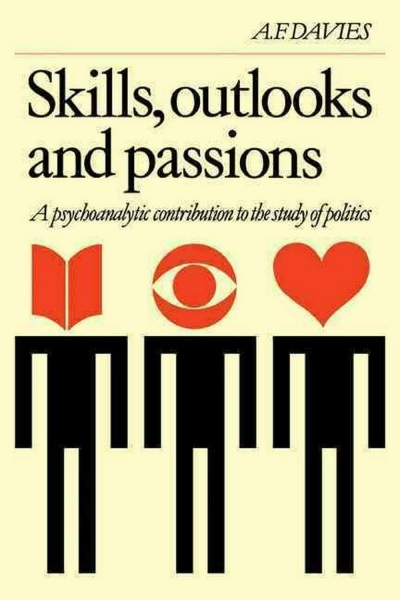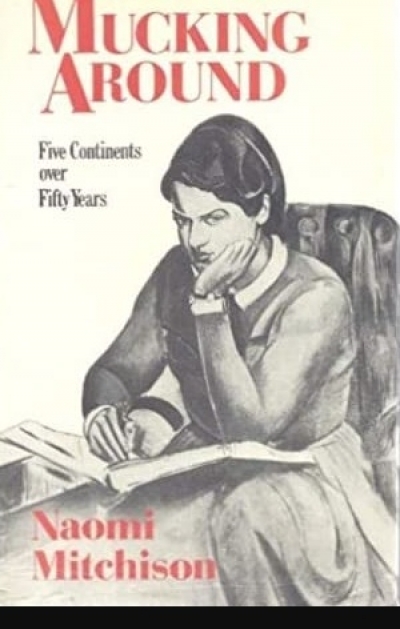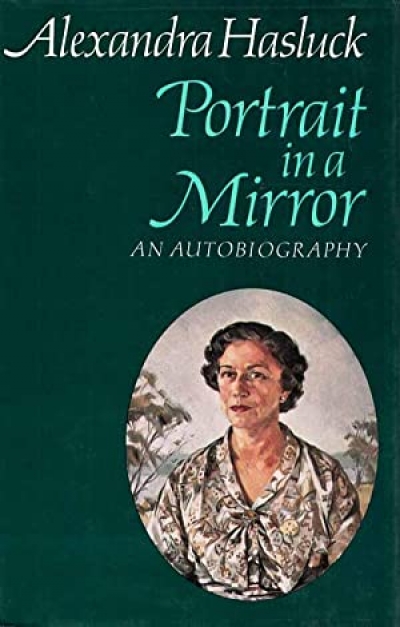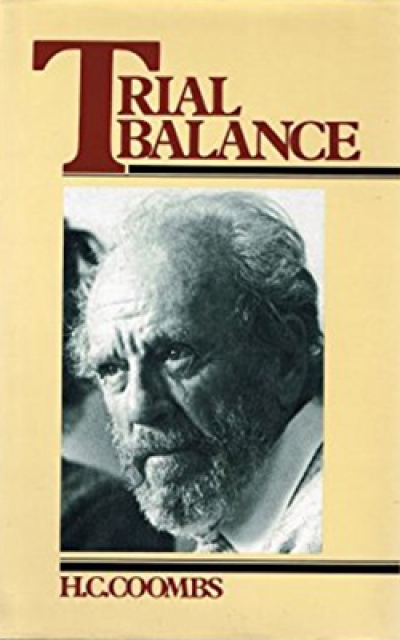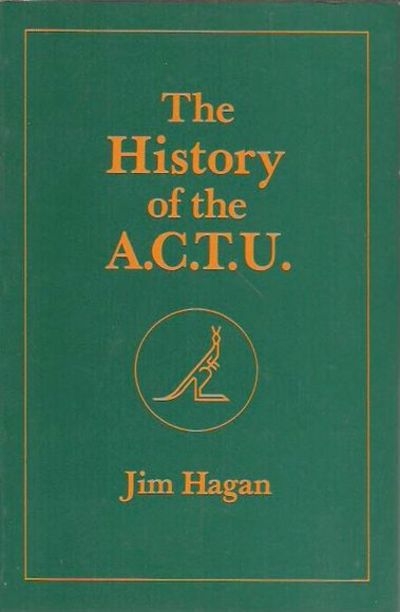Archive
Skills, Outlooks and Passions: A psychoanalytical contribution to the study of politics by A.F. Davies
Mucking Around: Five continents over fifty years by Naomi Mitchison
The four books reviewed here may be divided into two categories: the first, consisting of The Gosses: An Anglo-Australian Family, by Fayette Gosse, and Dinkum Mishpochah*, by Eric Silbert, is family biography, while the second, into which fall The Tanner Letters, edited by Pamela Statham, and Don Charlwood’s The Long Farewell, is the reconstruction, by means of such primary sources as letters and diaries, of the Australian past. Though these are very broad classifications, they serve to highlight the differences as well as the similarities between the members of each group.
... (read more)Novelist Fred Dagg, the alter ego of New Zealand refugee John Clarke has quickly established an audience in Australia for his erratic political and social comments. In ‘Novelist’, transcribed here from his record of The Fred Dagg Tapes he offers advice to aspiring writers.
... (read more)Perhaps because of the coloured marquee with elm leaves pressed against the top like alien faces watching, Writers’ Week had a slightly theatrical air which added to the pleasure. All kinds of people were there, in all kinds of clothes, so that one was torn between wanting to watch the crowd and to listen to the speakers. The marquee seats three hundred people – it was always full, and the organisers estimated that on each day, another two hundred stood outside to listen.
... (read more)
